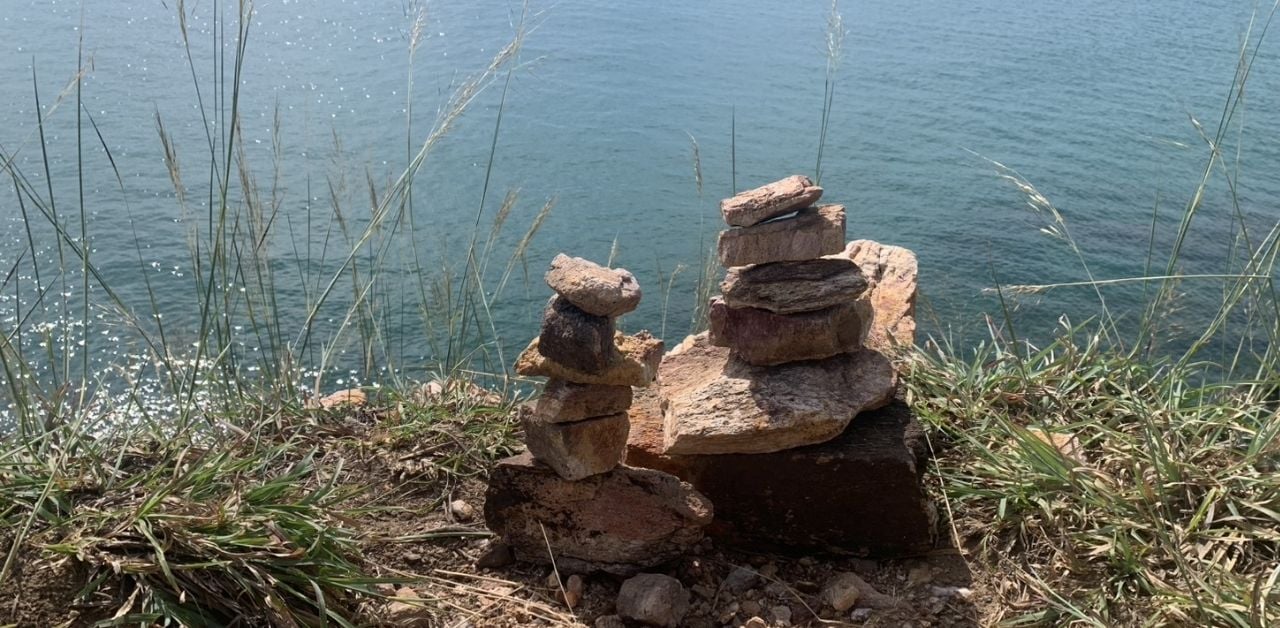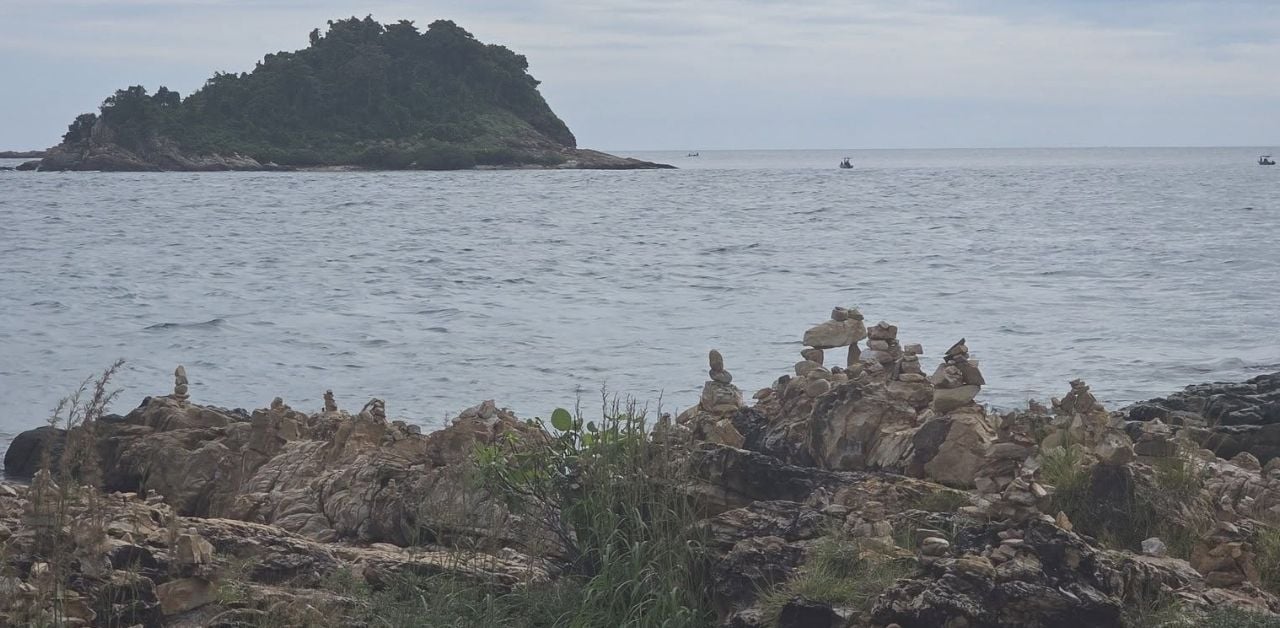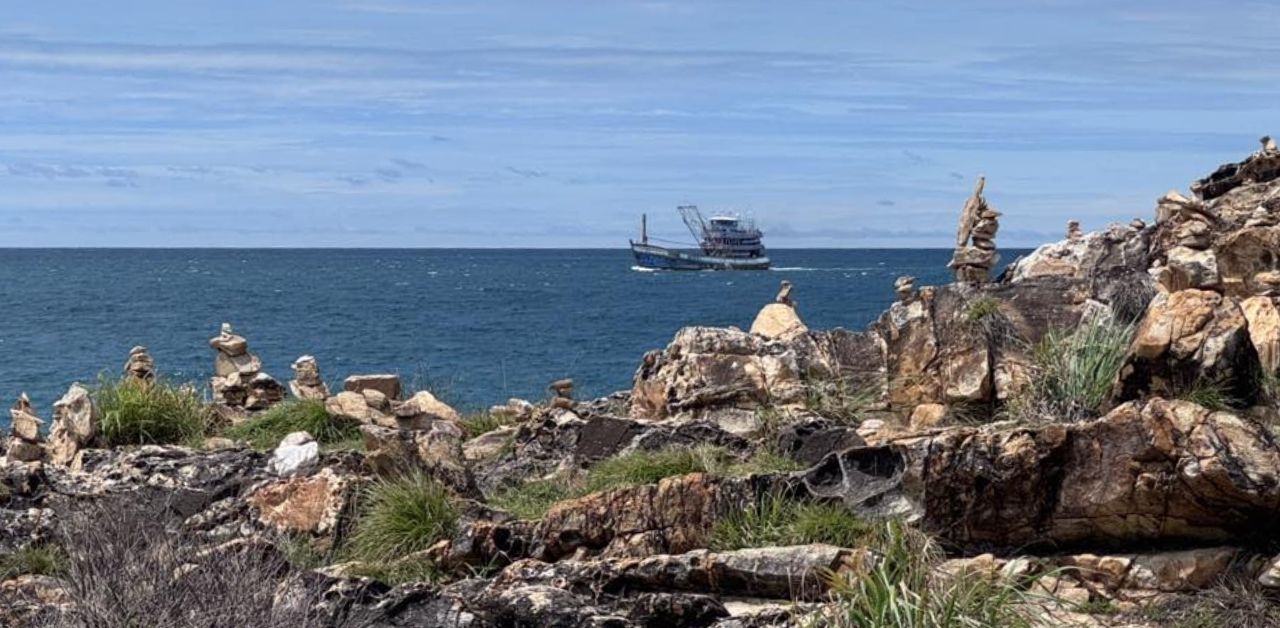Tourists urged to stop rock stacking at natural attractions in Thailand

Rangers at Khao Laem Ya-Mu Ko Samet National Park in the eastern province of Rayong urged tourists to stop stacking rocks while visiting natural attractions, warning that the seemingly harmless activity can seriously affect local ecosystems.
The park’s official Facebook page shared information about the negative impacts of rock stacking yesterday, November 24, to raise awareness among visitors and request their cooperation in protecting natural resources.
Khao Laem Ya Viewpoint is a popular spot where tourists observe multiple stacks of rocks, often for fun or for photographs with scenic backgrounds.
However, park officials explained that this practice can damage the habitats of small creatures, including insects, shrimp, crabs, and reptiles. Even moving a single rock can injure or kill these animals and destroy their shelters.
Officials also highlighted that rock movement can disrupt the natural flow of water in streams, contribute to soil erosion, and harm slow-growing plants such as moss and algae, which are vital to local ecosystems.

In some areas, rock piles serve as essential navigational markers, and building new stacks without purpose may confuse hikers and pose safety risks.
Large piles of rocks can also alter the natural landscape, leaving areas cluttered with unnatural formations.
Park rangers emphasised that rock stacking should be avoided not only in Khao Laem Ya-Mu Ko Samet National Park but at all natural attractions. They urged visitors to follow the principle…
“Leave rocks where they are, take only photographs, and leave nothing but footprints.”
This simple practice helps small animals maintain safe homes and allows nature to recover.

The Facebook post received positive responses from Thai netizens, many of whom praised the park for spreading awareness about the issue. Others suggested that the ban on rock stacking should be formalised into law, with penalties for tourists who ignore the rules.
Some recommended installing warning signs in Thai, English, and Chinese to better inform foreign visitors, while others shared personal experiences of trips and falls caused by random rock piles.
Latest Thailand News
Follow The Thaiger on Google News:


























